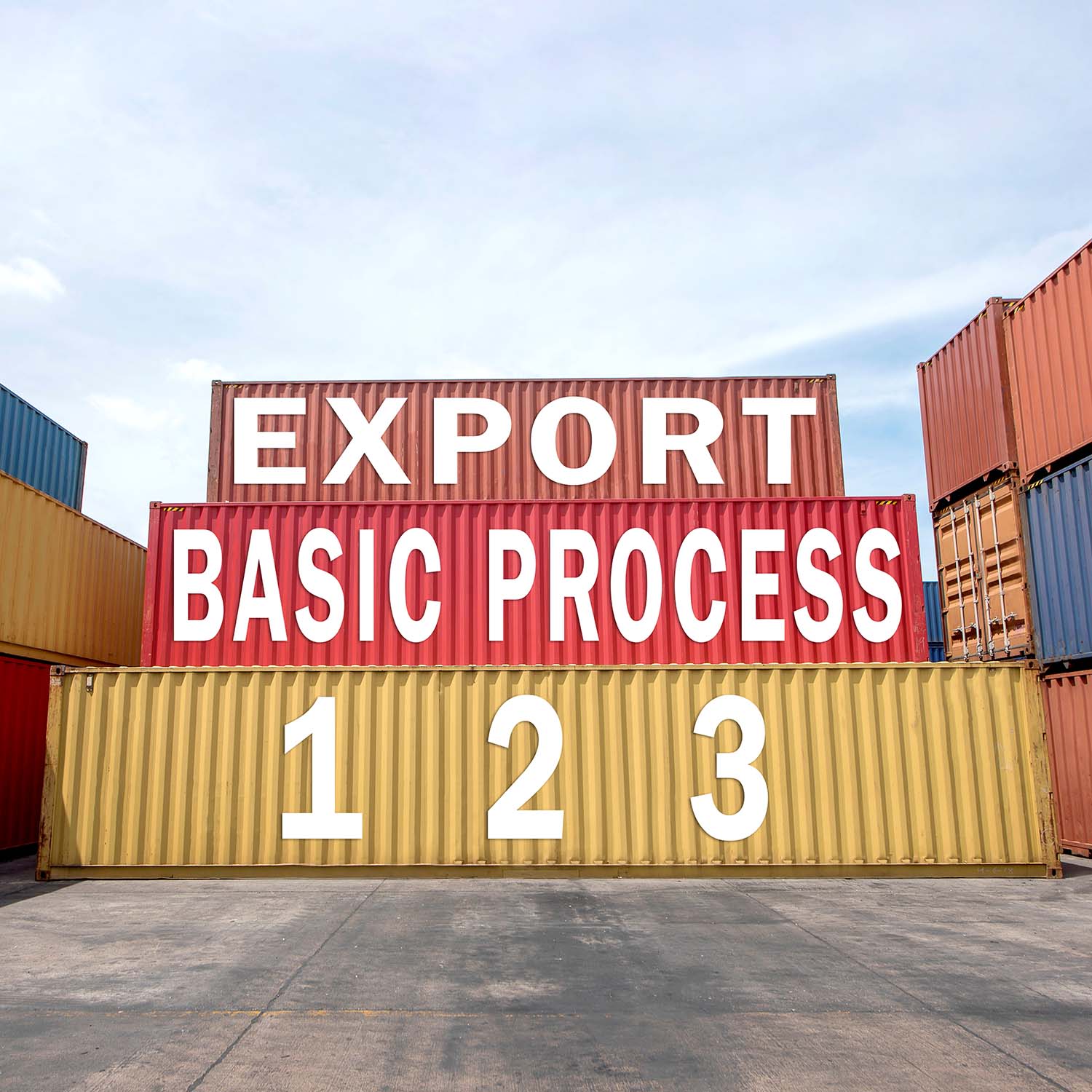Export: Basic Process
Export Protocol
The customs authority in the Philippines is known as the Philippine Bureau of Customs (BOC).
Documentation Package
The exporter prepares a documentation package consisting of an Export Declaration and other supporting documents, which is submitted to the BOC.
Documentation Review
The BOC reviews the documentation to check for:
- Authority of the entity to export
- Consistency of information across documents
- Legality of the proposed export
- Proper product classification
The BOC also:
- Establishes whether to order an inspection of the shipment
- Computes duties, taxes, and other fees
- Refers documentation to other governmental agencies for exports of controlled products
- Establishes any special requirements for final clearance of the shipment
Most exporters engage the services of a logistics firm or a customs broker to handle export documentation and procedures.
Time to File
The Export Declaration and supporting documents must be filed in the customs office of export before the shipment is released for export.
Electronic Filing
The BOC currently uses an online system for filing, tracking, payments, and notifications called Electronic-to-Mobile (E2M). After encountering difficulties with the E2M system, the BOC hired a Dubai-based company to create a new online interface called the Integrated Enhanced Customs Processing System (IECPS), with the goal of making the IECPS more secure, integrated, and user-friendly. Presently, however, the E2M system is still in effect for all online customs transactions and no date has been set for launch of the IECPS.
Export License, Commodity Clearance, Certificate of Exemption
Export license(s) and/or commodity clearance(s) may be required for certain restricted articles. A certificate of exemption may be obtained for certain prohibited, banned, or controlled articles. See the Restricted and Prohibited page for more information.
Export Documentation
All exports of physical articles require the following basic documentation:
- Export Declaration
- Certificate of Origin (CoO)
- Pro Forma Invoice/Commercial Invoice (CI)
- Freight Document: Bill of Lading (B/L) or Air Waybill (AWB), Rail Waybill, or Road Waybill
- Packing List (P/L)
Some exports may require specialized documentation:
- Specialized CoO (required if subsequent importer is claiming preferential import duty rates under a trade agreement with the Philippines, see the Documents page)
- Commodity Clearance
- Certificate of Identification
- Insurance Document
- Export Clearances, Licenses, Permits, Certifications
- Documents as may be requested/required by the subsequent importer
- Documents as may be required by the terms of a bank letter of credit (L/C) or documents against payment (D/P) provision
Restricted and Prohibited Articles
The export of restricted and prohibited articles requires an Export Clearance from the governmental agency that regulates that article. Restricted articles include certain arms and armaments, certain technology products, plants, animals, food products, natural resource products, currency, and radioactive materials. A certificate of exemption may be obtained for certain prohibited, banned, or controlled articles. Prohibited articles include certain plants and animals, especially those of endangered species. See the Restricted and Prohibited page for further information.
Inspection
Articles to be exported may be subject to inspection when:
- The seal on the shipping container has been tampered with
- The container is leaking
- The shipment’s details in the shipping documents differ from that in the manifest
- An alert or hold order has been put on the shipment
- The BOC has knowledge that there is a variance between the declared and true quantity, measurement, weight, and/or tariff classification of the shipment.
When inspection is required, the BOC inspects air cargo; the Customs Container Control Division (Tel: [63] (2) 245 4101, Ext. 2436) inspects containerized conventional cargo; and the Piers and Inspection Division (Tel: [63] (2) 245 4101, Ext. 2441) inspects non-containerized conventional cargo.
Payment of Duties and Taxes
Export duties, taxes, and other fees can be paid through a foreign exchange bank. The tax can be paid before or at the time when the Export Declaration is filed. Exported goods manufactured in the Philippines from previously imported goods may be eligible for duty drawback and/or credit towards duty paid and may require additional documentation.
Export Regimes
The proposed export of certain arms, armaments, dual-use technology, and nuclear materials and equipment are likely to be covered by one or more Multilateral Export Control Regime. World Trade Press recommends consulting with logistics and legal specialists for more information.
Clearance and Release of Shipment
The BOC verifies the Export Declaration and accompanying documents. Once the exporter pays all duties, taxes, and fees associated with the shipment and any required inspection is completed, the customs officer signs an Authority Letter and the shipment is loaded onto a conveyance. The customs officer perforates the entry number on the Export Declaration and accompanying documents and releases the Authority Letter to the exporter. An Outward Manifest is submitted to the appropriate BOC office when goods leave the customs territory. The shipment is released for export once the Export Declaration and the Outward Manifest are reconciled and no discrepancy is found.
Export Support
The Bureau of Export Trade Promotion's Export Assistance Network (EXPONET) (exponet@dti.gov.ph) helps exporters resolve specific problems related to exporting and provides information on export procedures, documentation, and mediation of export trade-related complaints. The Philippine Trade Training Center (PTTC) offers seminars and courses on the basics of exporting, letters of credit, negotiating with foreign buyers, and similar topics.
Note: The above information is subject to change. Exporters are advised to obtain the most current information from a customs broker, freight forwarder, or the local customs authorities.
Article written for World Trade Press by Taylor Holloran and Brittony Hubbard.
Copyright © 1993—2025 World Trade Press. All rights reserved.

 Philippines
Philippines 